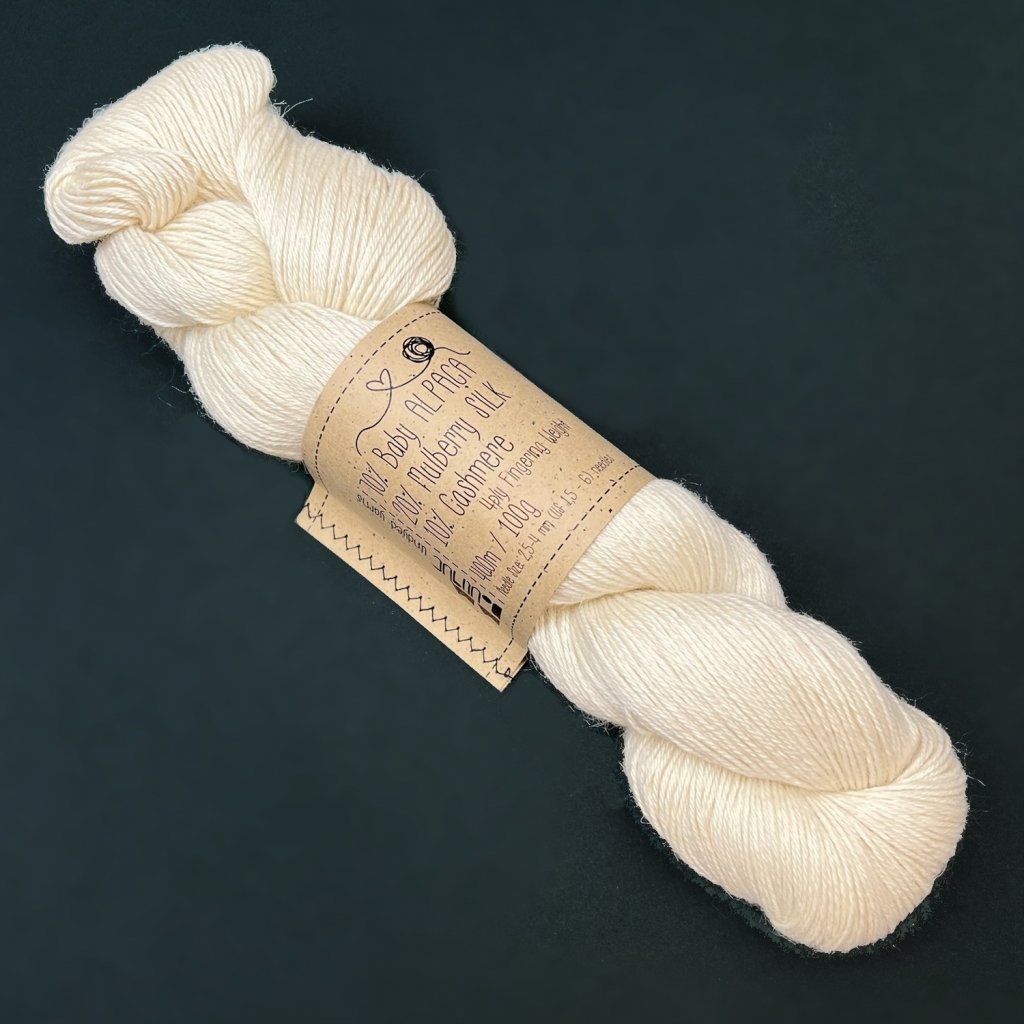The History and Perks of cashmere in Crafting Luxurious Clothing
The History and Perks of cashmere in Crafting Luxurious Clothing
Blog Article
Comprehending the Different Types of Cashmere a Natural Fiber and Their Distinct Advantages
The Beginnings of Cashmere: A Historical Overview
While the extravagant touch of cashmere remains to beauty contemporary customers, its beginnings trace back to the harsh, chilly climates of Mongolia and the Mountain ranges. For centuries, the indigenous peoples of these areas have been elevating Capra Hircus goats, the prime resource of cashmere woollen. These goats, resistant against the severe winter seasons, grew a great undercoat to make it through, which later on ended up being referred to as cashmere. The name itself admires Kashmir, an area in India where the wool was at first refined. Much of the very early cashmere trade path was facilitated by the Silk Road, attaching Asia with the Center East and Europe. Despite its international spread, the finest cashmere is still thought to originate from the original regions of Mongolia and the Mountain Ranges.

The Manufacturing Refine: From Goat to Garment
Shearing a Capra Hircus goat notes the inception of the intricate cashmere manufacturing process. This fragile treatment normally takes place yearly throughout spring. The penalty, soft undercoat is then divided from the coarser external hair, a process referred to as dehairing. The resultant raw cashmere is after that washed to eliminate contaminations such as grease, dust, and vegetable issue.
The tidy fiber undergoes coloring, rotating, and weaving, or knitting, to change it right into a fabric. Complicated treatments like top quality control checks and finishing processes comply with, ensuring the end item maintains the luxurious requirement anticipated of cashmere. This meticulous procedure, from goat to garment, validates the high cost affixed to cashmere items, making them a symbol of deluxe and improvement.
The Numerous Types of Cashmere: A Thorough Evaluation

The Unique Advantages of Cashmere: Comfort and Sustainability
Relocating from the variety of cashmere types to the benefits they supply, comfort and sustainability stand out prominently. Cashmere, a natural fiber, is renowned for its unparalleled gentleness, providing a level of comfort that synthetic fibers can not match. The product's lightness, yet outstanding heat retention, makes it optimal for all seasons. In addition, cashmere's natural flexibility permits it to go back to its initial form, making it immune to stretching or diminishing.
When it concerns sustainability, cashmere is renewable and biodegradable, as it's gathered from cashmere goats that regrow their layers yearly. investigate this site what is cashmere. Unlike artificial fibers which can take hundreds of years to decay, cashmere's impact on the setting is minimal. This combination of convenience and sustainability makes cashmere an advantageous choice for conscious customers

Taking Care Of Your Cashmere: Upkeep and Preservation Tips
While cashmere is definitely a lasting and lavish option, it requires details care to keep its quality and expand its life expectancy. To begin, cashmere ought to be hand cleaned using cool water and a moderate cleaning agent. Avoid wringing the garment or twisting as it can damage the fibers. Rather, gently capture out excess water and lay it level on a towel to dry. Cashmere things ought to be kept in a completely dry and awesome location, away from straight sunlight and moisture. Making use of moth repellents can safeguard these garments from prospective damages. It's advisable to avoid hanging cashmere to stop stretching. Rather, fold and store them appropriately to preserve their shape and high quality over time.
Buying Cashmere: Comprehending Its Worth and Worth
Although cashmere may originally seem like a pricey investment, its lasting value and worth come to be obvious when you consider its remarkable top qualities. Understood for its unparalleled soft qualities and warmth, cashmere is a costs all-natural fiber that exceeds other products. Spending in cashmere, therefore, is not simply regarding existing fashion fads, but about embracing a sustainable, durable, and elegant lifestyle.
Final Thought
In summary, the type of cashmere one selects, be it Mongolian, Chinese, or Italian, is determined by individual preferences for warmth, budget, sustainability, and high-end. The value of cashmere expands past its rate, with comfort and longevity contributing Web Site to its worth. Appropriate treatment and upkeep can ensure its conservation. Recognizing the origins, production process, and distinct advantages of different types of cashmere can assist consumers in their financial investment in this elegant all-natural fiber.
Whether it's the exceptional heat of Mongolian cashmere, the price of Chinese cashmere, or the eco-conscious manufacturing of Italian cashmere, there's a tale to be uncovered behind each fiber kind. Cashmere, an all-natural fiber, is renowned for its exceptional softness, giving a degree of convenience that synthetic fibers can't match.When it comes to sustainability, cashmere is renewable and eco-friendly, as it's harvested from cashmere goats that regrow their layers each year. Recognized for its unparalleled gentleness and warmth, cashmere is a costs all-natural fiber that surpasses other materials. Understanding the origins, production process, and distinct benefits of various types of cashmere can direct customers in their investment in this glamorous natural fiber.
Report this page